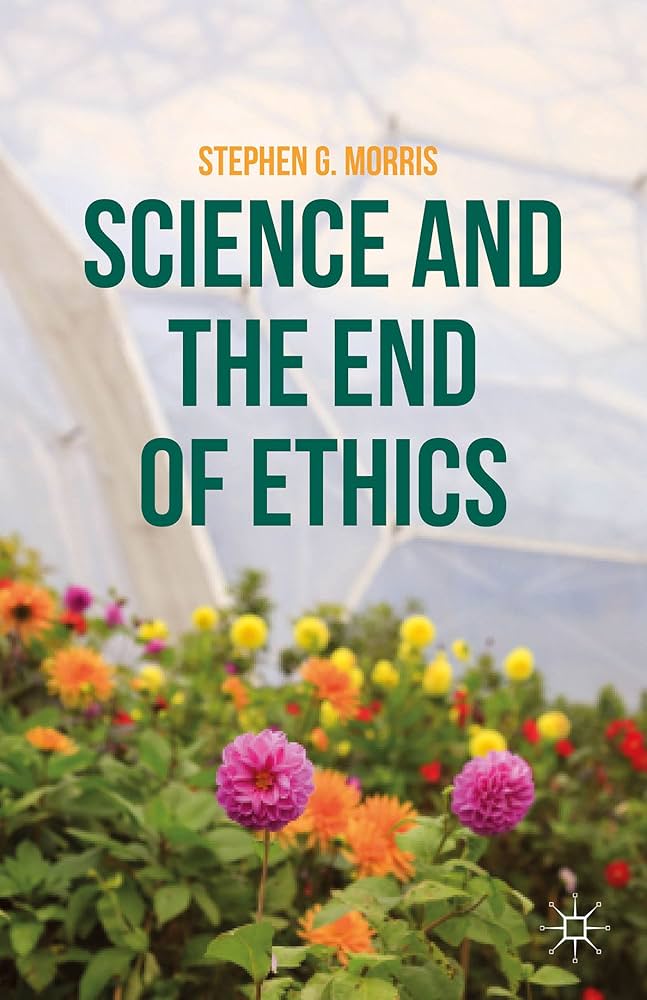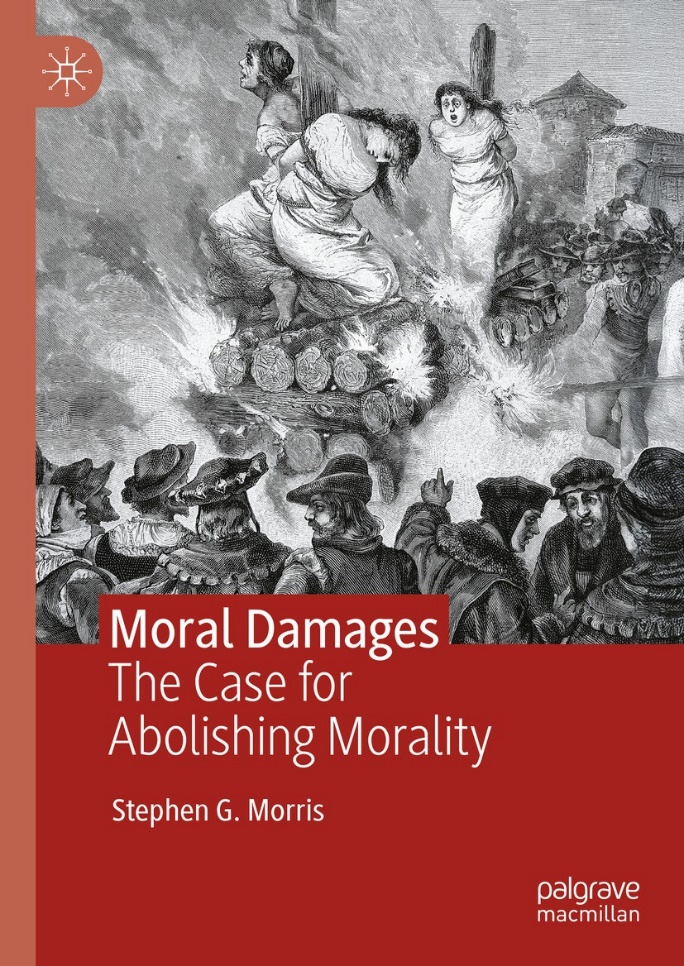Research
If there is one overarching theme in my research, it is an exploration of how philosophy can provide a guideline for increasing the happiness of ourselves and others. By drawing from the insights of several fields—including psychology, biology, anthropology, and neuroscience, in addition to philosophy—I have put together a body of research that is both interdisciplinary and coherent. Since my dissertation, my research emphasis has turned toward examining how people’s beliefs in morality and related issues such as free will generally detract from the overall happiness of human beings. This early work culminated in my first book that was published by Palgrave Macmillan in 2015, entitled Science and the End of Ethics.
My research agenda following my first book expanded on some of the key aspects of my earlier work. For instance, I continued to discuss the role that retributivism plays in philosophical and folk conceptions of free will, as well as the damaging effects it has. During this period my research placed a much heavier emphasis on issues related to moral psychology, such as the role that empathy plays in human relations and in shaping our political views. All this work has led to my 2025 book with Palgrave Macmillan entitled, Moral Damages: The Case for Abolishing Morality. While some of my prior work suggested that humanity might achieve greater prosperity in a world in which we jettison traditional moral attitudes and judgments, this book is my first attempt—and, I believe, the first effort of its kind—to provide an empirically rigorous defense of why eliminating morality from our lives would bring net benefits.
I offer more detailed descriptions of my books below. Other published work can be found on my CV.
Science and the End of Ethics: The main purpose of this book is two-fold. On the one hand, I defend a version of error theory that is based on how scientific insights provide strong reasons for accepting that there are no moral facts pertaining to human agents or their actions. On the other hand, I argue that the evidence for error theory suggests that ethicists abandon their efforts to understand the nature of a nonexistent moral universe and instead focus on using science to inform some of the key pragmatic questions that have interested ethicists throughout history, such as how to live more happily.
Moral Damages: The Case for Abolishing Morality: Though my primary aim in the book is to build a pragmatic case for why we ought to dispense with morality, I first argue that there are theoretical reasons for rejecting morality since we lack compelling arguments for the existence of moral facts. From there I cite extensive evidence suggesting that morality does more harm than good through its negative influence on violence, politics, and personal relationships. Following a discussion of how we have at our disposal the necessary resources (i.e., empathy, prudential self-interest, and reason) to benefit humanity in a world without morality, I conclude by offering some specific steps societies can take to help eliminate morality’s corrupting influence and to improve human relations.

